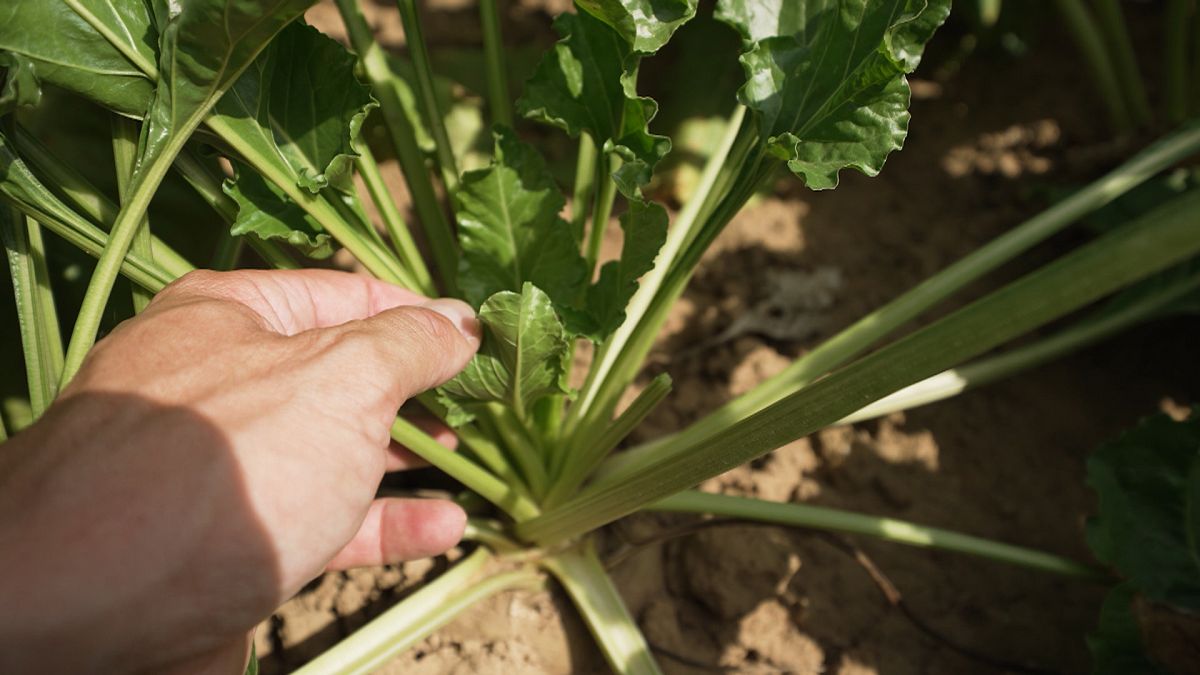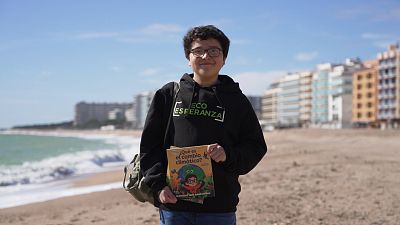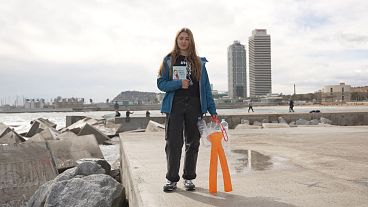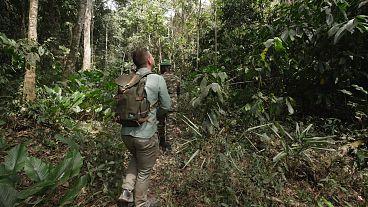Our current food systems may be highly efficient, but they are not sustainable. Here we meet Christian Huyghe, Scientifc Director Of Agriculture, Inrae, to hear his views on how we must change our farming systems.
Our current food production systems may be highly efficient, but they come at an environmental cost and they are not sustainable.
They contribute to a loss of biodiversity, and the pollution of our soil, air and water. As well as contributing to climate change.
Christian Huyghe, Scientifc Director Of Agriculture, Inrae.
"We have a major responsibility towards this generation and the future ones. We can't accept that global warming is going as fast as it is at the moment. We can't accept that the quantity of water is so low and is deteriorating, and that biodiversity has collapsed. So we have to restore this at the same time as we produce. The question is not whether you choose one or the other, but how you do it. And from that point of view, the Green Deal sets a challenge and sets ambitious targets. Then we need to ensure that research and innovation come up with new solutions. We'll have to invent more complex systems.
Is this a hopeless exercise one last desperate attempt to rescue our planet?
"Not at all. On the contrary, it means succeeding in using even greater diversity than we had before but organising it and using it to transform farming systems. In the end, that's what agroecology is all about- how I increase functional diversity in my plots.
Why are we finding it so hard to move away from intensive farming practices?
"Well, all this means more species, more rotations, more complexity. And that means farmers need more skills to manage all that. It’s the first obstacle. The other thing is that if you bring in other species, you need value chains to use them. Farmers can't bear all the responsibility. the responsibility.
The downstream part of the chain has to take on its own share of the responsibility and manage to transform these products to create added value. And this will happen at the same time as a transition of our alimentation. The real question is, how do we get out of systems that are very balanced and very efficient?
They produce a lot and food it is not expensive. The transformation of these systems involves finding the zones we can unlock, through public policy.
Hence the importance of the Green Deal - through innovation and research and by involving stakeholders, farmers' groups and NGOs in the debate on the trajectories for the future. Once again, tomorrow allows us to have huge ambitions and create truly new systems".




